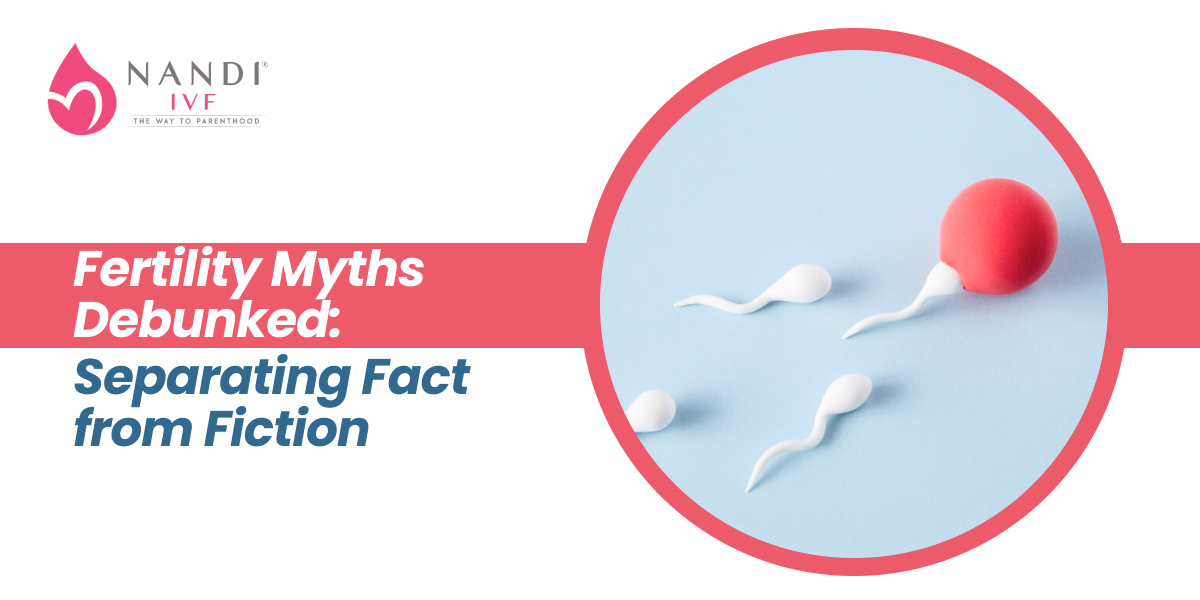Male fertility is something that doesn’t get talked about much, but it should be. The truth is, that declining sperm count, hormonal imbalances, and stress-related issues are becoming more common than ever. Whether it’s the pressure of work, atrocious lifestyle habits, or just the general hustle of life, many men today are facing fertility challenges, and they are struggling silently. If you have chanced upon this blog, maybe you too are concerned about supporting your male reproductive health naturally, and before you dive into complicated treatments, here are some simple and effective yoga poses for male fertility that can make a big difference.
Here is the list Different effective pose of yoga to increase male fertility.
1 Bhujangasana (Cobra Pose)
This gentle backbend can open up your chest and strengthen your lower back, and it helps in the following ways:
- Stimulate reproductive organs
- Boost vitality and improve blood flow in the pelvic area
- Help fight fatigue and sluggishness
To do bhujangasana, lie flat on your stomach, place your palms beneath your shoulders, and slowly lift your chest while inhaling.
2 Setu Bandhasana (Bridge Pose)
This asana can act as a “reboot” for your lower body. It is great for the hips, spine and everything in between. You can practice this to:
- Stimulate your hormone-producing glands
- Open up the hips and improve circulation
- Strengthen the pelvic floor muscles
To perform Setu Bandhasana, start by lying on your back with your knees bent and feet flat on the floor. Then, lift your hips toward the sky while keeping your shoulders grounded, pause the pose for about thirty seconds and then gently lower your back down.
3 Plough Pose (Halasana)
This might look a little intimidating at first but it’s incredibly rewarding once you ease into it. It can help to:
- Increase sperm count and improve sperm mobility
- Stimulate the thyroid and abdominal organs
- Boost circulation and overall flexibility
To perform this, lie on your back and gradually lift your legs over your head, bringing your toes to the floor behind you. If needed, support your back with your hands. Hold for a few breaths, then carefully exit the pose.
4 Bow Pose (Dhanurasana)
Do you often feel stiff or stuck in your lower body? If the answer is yes, this pose can help to energize the backbend that opens everything up (literally and figuratively). It helps to:
- Increase blood circulation to the penis
- Raise sperm count
- Strengthen the back and stimulate reproductive organs
For the Bow Pose, lie your stomach, bend your knees, and grab your ankles. Inhale and lift your chest and legs off the floor, creating a bow shape with your body. Hold the position for a few seconds while taking deep, steady breaths.
5 Boat Pose (Navasana)
Navasana is often considered the ultimate challenge for balance and core strength. But don’t worry, this one does more than just give you abs.
- It improves testosterone levels
- Strengthens pelvic muscles, and
- Stimulates the prostate and abdominal organs
Conclusion
Yes, these yoga asanas can support your overall male reproductive health; but, if you have been trying for a while and not seeing the results you hoped for, yoga might not be the only answer you need, and that’s okay. Sometimes, conceiving takes a little extra help and that help can be provided by an IVF centre in Delhi.
Ready to take the next step with the best IVF centre in Delhi? Reach out to us at NANDI IVF and talk to a fertility specialist who understands both the medical and holistic sides of male fertility.











